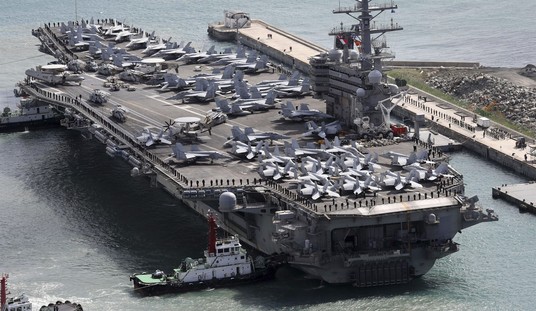Hassan Hassan writes that there are five reasons the US-led anti-ISIL coalition risks losing support of those it means to help. Here are the first two:
The first one is that the air strikes do not offer any clear endgame. This lack of clarity over what to expect from the air strikes has led Syrians to interpret the signals they have received so far. Bashar Al Assad, for example, is not only spared the air strikes, but he also has more time to bomb civilian areas, given that the pressure against his forces in Hama and eastern Aleppo has been reduced significantly. This is creating an impression that the Assad regime is a de facto partner in the US coalition, despite all the rhetoric to the contrary.
Another reason is the economic consequences of the air strikes. On Tuesday, the Pentagon announced that most of the oil refineries controlled by ISIL in Syria have been destroyed. These refineries will prevent ISIL from generating further revenues in Syria, which will also affect ISIL in Iraq, as much of the refined oil is transferred to the other side of the border.
However, these refineries, even before ISIL’s arrival in eastern Syria, have served as a lifeline for local communities.
Huh — and our goals seemed so clear going in. [/sarc]
More seriously, if you’re going to bomb away the local economic infrastructure, then you have to get the war over with quickly, rebuild, and win the local hearts and minds. Instead we’re told the effort will take “years.”
We risk turning Iraq and Syria into Libya writ large.










Join the conversation as a VIP Member